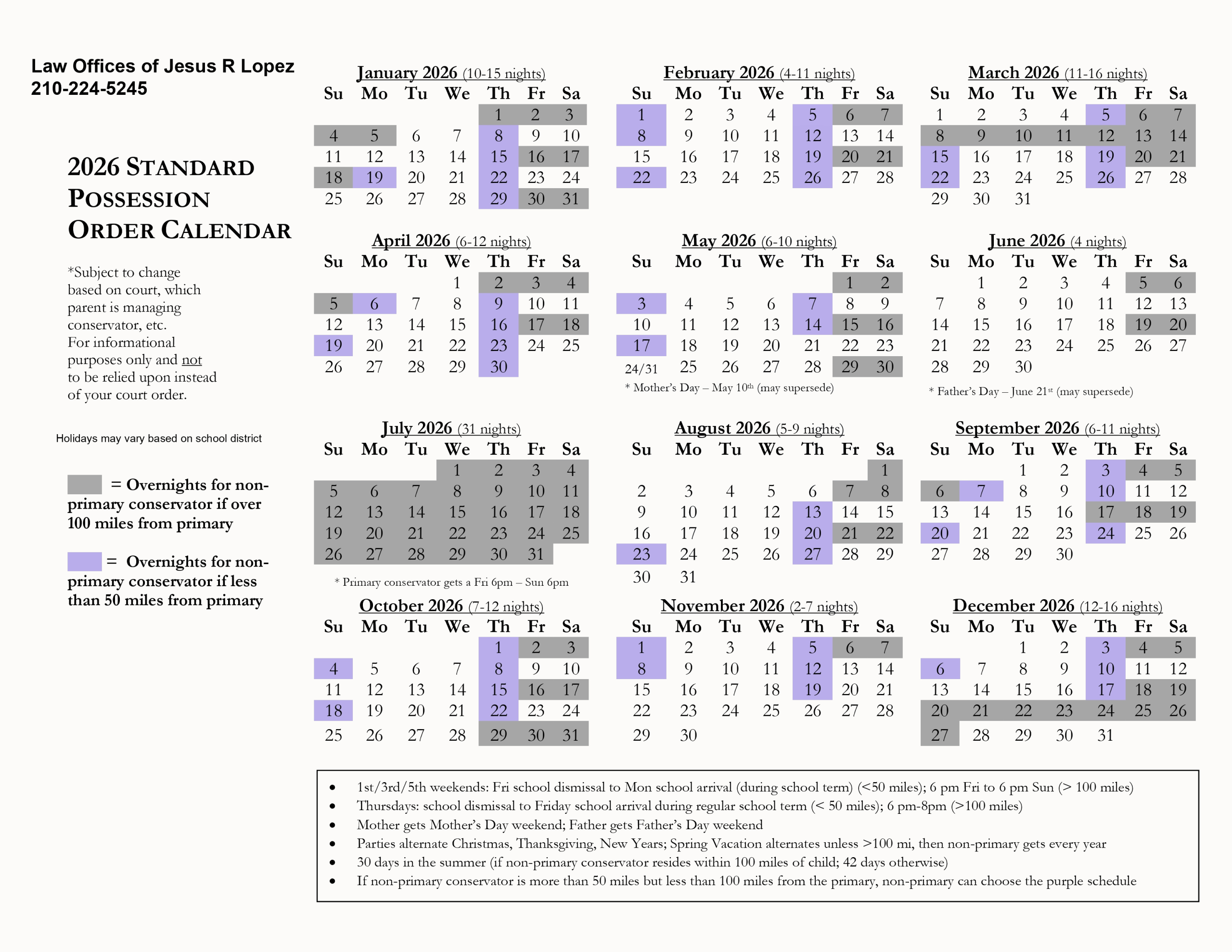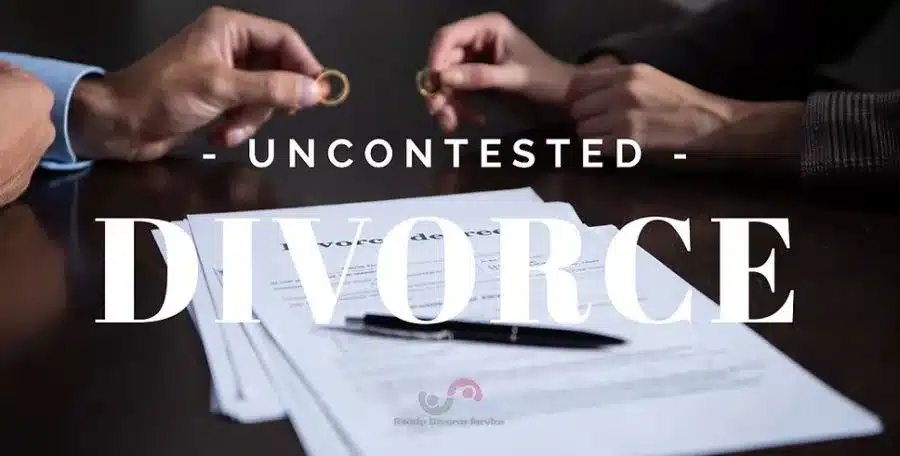In the state of Texas, the process of divorce can be a difficult and emotional experience for all parties involved. One of the most important aspects of the divorce process is the division of assets and property. However, there are certain assets that are excluded from the division of assets and property in a divorce in Texas.
The first type of excluded asset is any property that was owned by one spouse prior to the marriage. This property is considered separate property and is not subject to division in a divorce. Examples of separate property include property inherited by one spouse, property received as a gift by one spouse, or property acquired by one spouse through a personal injury settlement.
Another type of excluded asset is any property that was acquired after the date of separation. This property is also considered separate property and is not subject to division in a divorce. This means that if one spouse acquires property after the date of separation, that property is not subject to division in the divorce.
Additionally, any property that is jointly owned by the spouses but is considered community property may be excluded from division if it can be proven that the property is not a marital asset. This can be difficult to prove and often requires the assistance of a skilled attorney.
Another exclusion is any property that is held in a trust, which is a legal arrangement in which a trustee holds and manages assets for the benefit of another person, called the beneficiary. Trusts are often established to protect assets from creditors and are not subject to division in a divorce.
Lastly, any property that is considered a “gift” or “inheritance” during the marriage is typically not considered a marital asset and is not subject to division. For example, if one spouse inherits money or property during the marriage, it is typically not considered a marital asset and is not subject to division in the divorce.
It is important to note that the laws surrounding the division of assets and property in a divorce can be complex and often require the assistance of a skilled attorney. It is always best to consult with a qualified attorney to ensure that your rights and interests are protected during the divorce process.
In conclusion, while the divorce process can be difficult, it is important to understand that certain assets are excluded from the division of assets and property in Texas. These include property owned prior to the marriage, property acquired after the date of separation, property held in a trust, and property considered as gift or inheritance during the marriage. Understanding these exclusions can help to make the divorce process a little bit less stressful and ensure that your rights and interests are protected.





